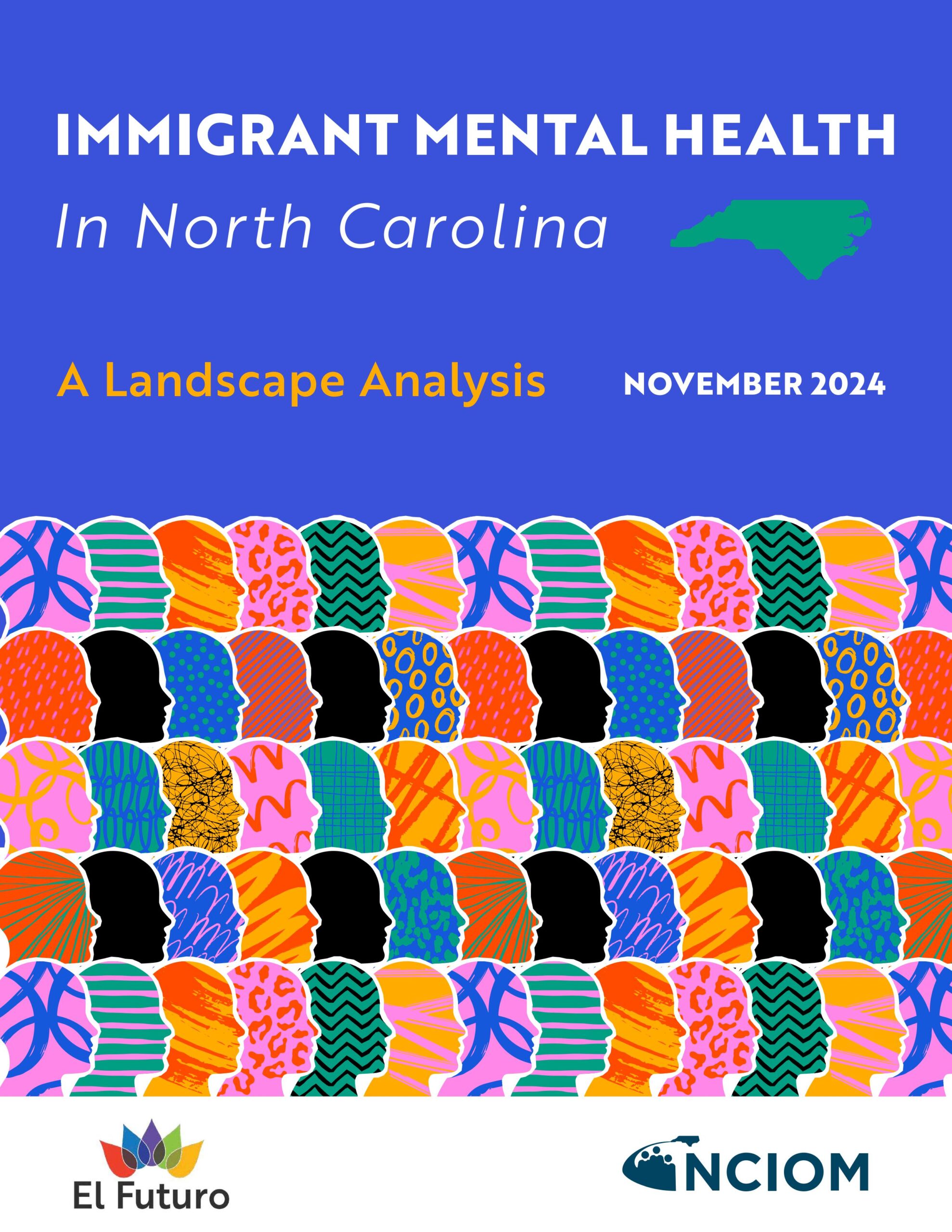



Immigrant populations can face unique challenges and stressors that impact mental well-being. Understanding and addressing these specific needs is vital to ensuring equitable mental health care and promoting well-being in diverse communities. North Carolina’s immigrant population has been steadily increasing. As our state becomes more diverse, it is important to address the mental health needs of immigrant communities now to close the existing gaps in understanding and service provision.
By the numbers: North Carolina’s immigrant community
Population:
Economic Contributions:
Top Countries of Origin:
Language Challenges: